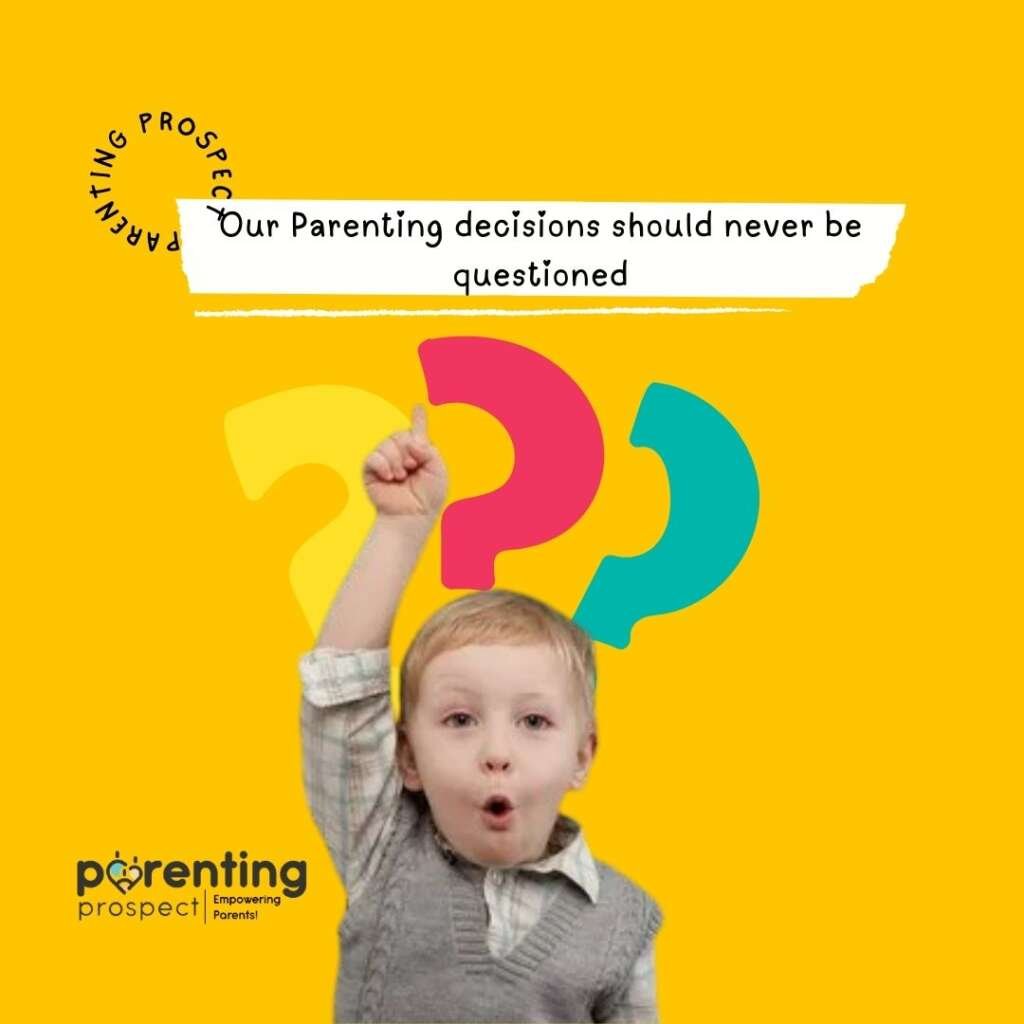Parenthood journey often leads to misunderstandings, miscommunications and sometimes unnecessary conflicts. Whether it’s about our children’s capabilities, interests or needs can create a disconnect between parents and kids. Here we will explore the common misconception that parents make. The impact of these assumptions can have on child development and how we can foster better communication and understanding. Let’s get into the blog to know more.
Common Assumptions and Their Consequences
Parents often mean well, but assumptions about their children can sometimes lead to unintended consequences. Here are some common assumptions and the impact they can have:
Assumption 1: Children are inherently lazy or unmotivated

One of the most damaging assumptions parents can make is that children are naturally lazy or lack motivation. The belief can affect a child’s self-esteem. When children hear phrases like “You just don’t care” or “why can’t you get it together?” This mind-set can hinder their academic performance, social interactions and overall emotional well-being.
Strategies to Foster Motivation
- Understand Individual Interests: Take the time to learn what your child is passionate about. Encourage exploration in various activities such as sports, arts, science to help them discover what excites them.
- Set Realistic Goals: Help Children set achievable, short-term goals. Breaking tasks into manageable steps can make challenges feel less daunting and more attainable.
- Encourage Autonomy: Allow children to make choices in their learning and daily activities. This independence fosters a sense of ownership and responsibility.
- Model a Growth Mind-set: Share your own challenges and how you overcome them. Emphasize that effort and perseverance are key to success.
- Create a Supportive Environment: Make sure that your home is a place where failure is seen as a learning opportunity. Encourage open discussions about struggles and successes without judgement.
Assumption 2: Children Can’t Handle Responsibility

Here the belief is that children are incapable of handling responsibilities and can hinder personal growth. When parents consistently take over tasks or make decisions for their children, it sends a message that they are not trusted to manage their own lives. This can lead to lack of confidence and an inability to navigate challenges affecting their transition into adulthood.
How to Assign Age-appropriate Tasks?
- Assess their readiness: consider the child’s age, maturity level and interests. Start with simple tasks that align with their abilities.
- Start small: Assign small responsibilities, such as making their bed, setting the table or organizing their backpack. Increase the complexity as they become more comfortable.
- Provide Guidance Not Control: Offer support and guidance rather than taking over. Let them know you are there to help if needed but encourage them to try on their own first.
- Celebrate successes: Acknowledge their efforts and successes, no matter how small. Positive reinforcement encourages them to take on more challenges in the future.
Assumption 3: Children should always agree with their parents

The belief that children should always agree with their parents can create a culture of conformity rather than one of open dialogue. When children feel pressured to voice agreement, they may suppress their own thoughts and feelings leading to a lack of thinking skills and inability to engage in healthy debates. This not only limits their ability to express themselves but hinders their personal development and understanding of different viewpoints.
Encouraging open communication
- Create a safe space for expression: Build an environment where children feel safe to express their opinions when they differ from yours.
- Ask open-ended questions: instead of leading with your own opinions, ask questions that encourage them to think critically. For example, “What do you think about this?” or “How does that make you feel?”
- Teach Active Listening: Encourage children to listen actively and consider other viewpoints. This helps them understand that different perspectives can lead to richer conversations and better problem-solving.
Assumption 4: Everyone is judging us

When parents assume that everyone is constantly judging us to create a pervasive sense of anxiety and self-doubt. This assumption leads to an overwhelming fear of making mistakes or appearing vulnerable. When we believe we are under constant scrutiny for engaging in social situations or pursuing our interests out of fear of judgement.
This mind set can affect our interactions with others making us overly cautious. It can lead to strained relationships as we may project our insecurities onto others.
Strategies to overcome this assumption
- Challenge Negative Thoughts: When you catch yourself thinking that others are judging you, pause and question the validity of that thought. Ask yourself, “What evidence do I have that supports this belief?”
- Practice Self-Compassion: Remind yourself that everyone makes mistakes and that it’s a natural part of being human. Self-compassion can help to alleviate the pressure you feel to be perfect in the eyes of others.
- Focus on Personal Values: Shift your focus from external validation to your own values and goals. Determine what truly matters to you and prioritize those principles rather than worrying about others’ opinions.
Assumption 5: Our Parenting decisions should never be questioned

Parents may think their parenting decisions should never be questioned and can create barriers to growth and connection. This assumption often arises from a desire to assert authority and maintain confidence in one’s choices. Holding onto this belief, parents may miss valuable opportunities for reflection and improvement which are essential for parenting.
It’s important to ask ourselves why we feel this way. Are we insecure about a parenting decision? Do we feel threatened by those who choose differently from us? Keep yourself aware of the fact that we may sometimes be feeling judgement so we shouldn’t be worrying about it.
Learn More About: Stay Involved in Active Parenting
Approaches to address the assumption
- Cultivate open communication: Use family meetings or casual conversations to invite feedback and share thoughts openly.
- Seek Feedback Actively: Regularly ask for input from partners, family members or friends regarding parenting choices. Allow others to share their perspectives.
- Educate Yourself: Stay informed about different parenting styles and strategies. Attending workshops, reading books or joining parenting groups to provide new insights.
How to challenge assumptions and foster positive relationships?
Challenging assumptions and fostering positive relationships have following approaches:
- Practice Open-Mindedness
Approach conversations with a willingness to consider new ideas.
- Engage in Active Listening
Focus fully on the speaker, summarizing and asking clarifying questions.
- Ask Open-Ended Questions
Go for deeper dialogue to understand different perspectives.
- Research and Educate
Gather information to eliminate the chances of misconceptions and broaden understanding.
- Seek Professional Help
Consider counselling or workshops to improve interpersonal skills and resolve conflict


